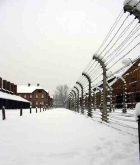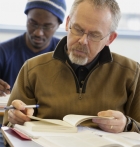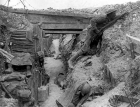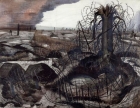Visits
Educational visits with a focus on the history curriculum may range from a visit within a lesson in the immediate local area to an extended residential visit overseas. There are both pedagogical and practical considerations that have to be taken into account when planning.
Sort by:
Date (Newest first) | Title A-Z
Show:
All |
Articles |
Podcasts |
Multipage Articles
-

A Local History Toolkit
ArticleClick to view -

A search beyond the classroom: using a museum to support the renewal of a scheme of work
ArticleClick to view -

Active remembrance
ArticleClick to view -

Berlin and the Holocaust: a sense of place?
ArticleClick to view -

Beyond the classroom: developing student teachers' work with museums and historic sites
ArticleClick to view -

Bringing together students from Bradford and Peshawar
ArticleClick to view -

Educational visits to Holocaust-related sites
ArticleClick to view -

English Heritage and Historical Association Local Heritage Project
ArticleClick to view -

Enrichment Opportunities
ArticleClick to view -

Exploring diversity at GCSE
ArticleClick to view -

Firing enthusiasm for history through international conversation
ArticleClick to view -

From temple to forum: teaching final-year history students to become critical museum visitors
ArticleClick to view -

Helping Year 9 explore the cultural legacies of WW1
ArticleClick to view -

Hosting teacher development at historical sites: the benefits for classroom teaching
ArticleClick to view -

How do we get better at going on trips: Planning for progression outside the classroom
ArticleClick to view -

I understood before, but not like this: maximising historical learning by letting pupils take control of trips
ArticleClick to view -

Liverpool's revolutionary Old Dock
ArticleClick to view -

Manifesto for learning outside the classroom
ArticleClick to view -

My Favourite History Place - Magdeburg
ArticleClick to view -

No puzzle, no learning: how to make your site visits rigorous, fascinating and indispensable
ArticleClick to view

